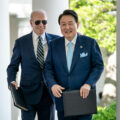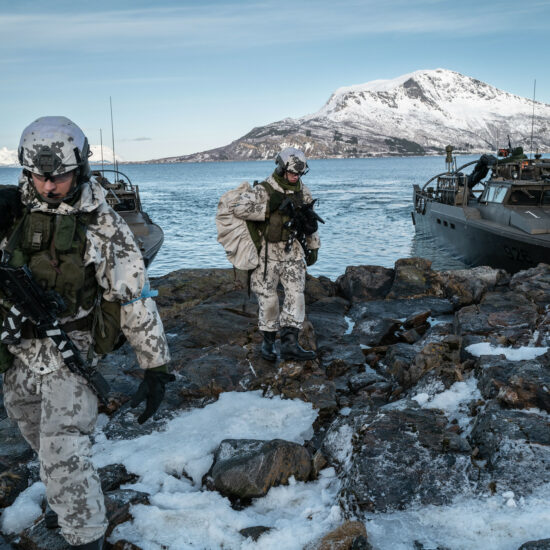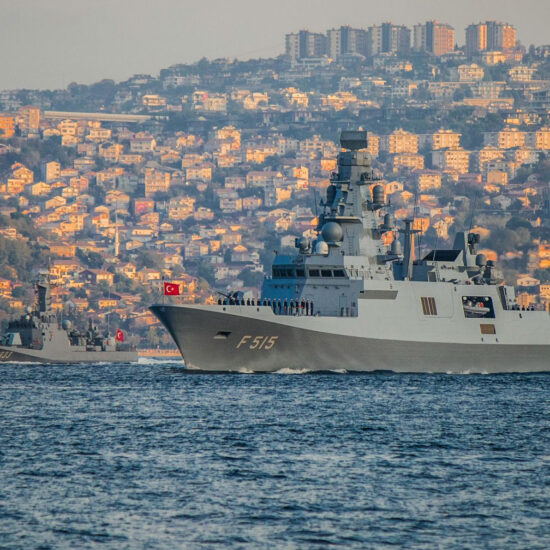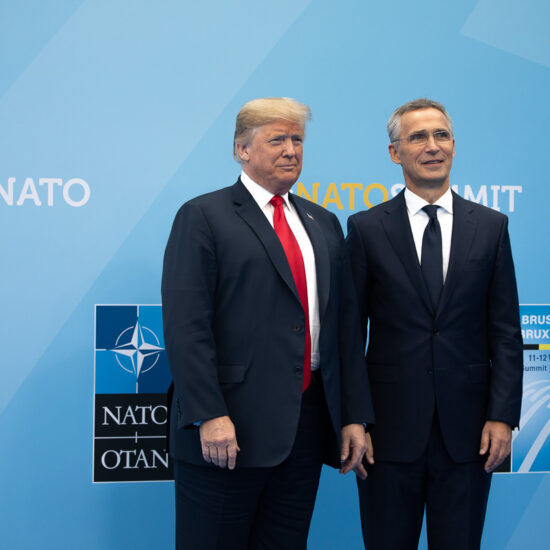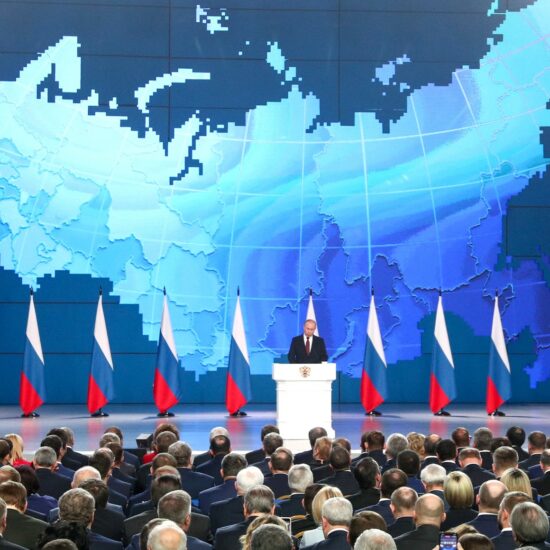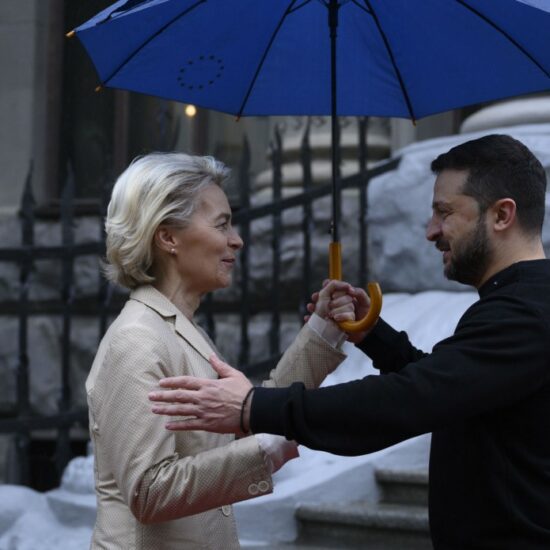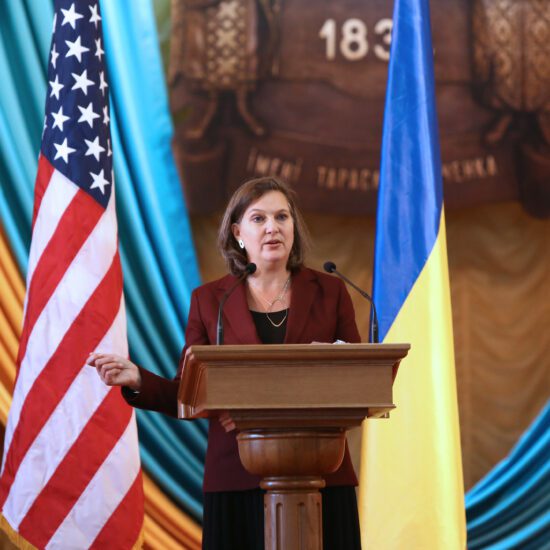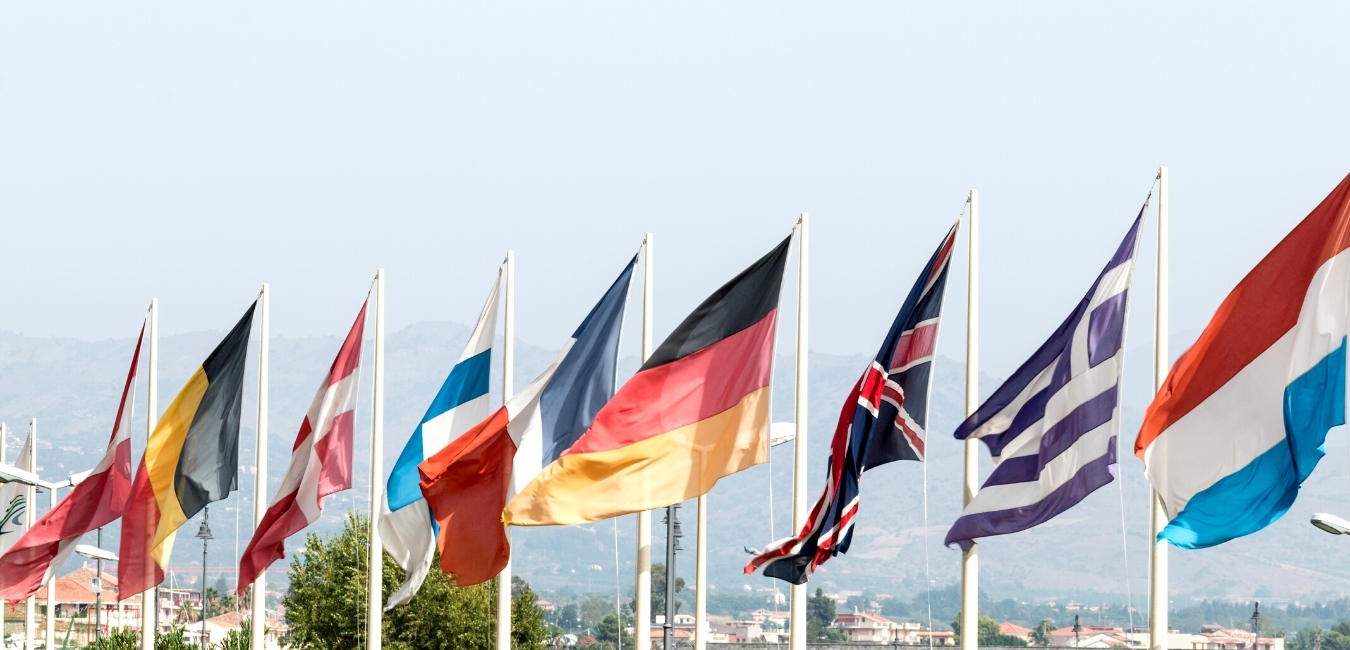
European security issues are often framed in binary fashion, along the lines of the rivalry between Russia and the West. Recent developments reinforce this perception, such as the US-Russia presidential summit in Geneva held in June or the deal reached last month between Washington and Berlin on the Russian Nord Stream 2 pipeline. Yet while the US-Russia great power dynamic is often determinative of events in Europe, it obscures a more complex tapestry of nested security orders that coexist on the continent.
Europe today boasts a multipolar balance of power, with its three most powerful states – Russia, Turkey and Britain – situated outside the European Union. This multipolarity, in turn, is nested within the NATO-Russia divide which bisects the continent, as well as the US-China rivalry in which NATO and the EU have become involved. Not only do these three overlapping dynamics – intra-European, Euro-Atlantic and Eurasian/global – render the pathway to a stable European security framework increasingly difficult, they also point to lessons concerning the shape of global order in the decades ahead.
The Euro-Atlantic component of European security is marked by both change and continuity. Following the damage that the Trump administration inflicted on the legitimacy of U.S. global leadership, Joe Biden’s presidency has shifted the American conception of liberal internationalism from hegemony-centric to coalition-centric. Washington no longer aims to construct a uniform and universal liberal order as in the 1990s and 2000s.
At the same time, U.S. foreign policy remains geared toward the preservation of American global primacy, as well as Washington’s position as the pre-eminent power in Europe. This guarantees Russia’s continued exclusion from the continent’s core political and security frameworks and thus an adversarial relationship between Washington and Moscow. As such, Washington’s long-term role in European affairs remains both uncertain and geared toward confrontation, even as it attempts to redirect the focus of its transatlantic partners toward China.
NATO’s budding dual focus on Moscow and Beijing further muddies the waters of European security. Russia and China have formed a strategic partnership and not a full-blown alliance, offering each country a degree of flexibility to pursue their own respective interests according to the paradigm of “never against each other, but not always with each other”. Therefore, although Washington may not possess the ability to turn Moscow against Beijing for the foreseeable future, there should remain ample scope to pursue a European policy agenda focused on Russia-related security issues without bringing China into the equation.
Instead, the transatlantic alliance’s turn towards China – a country which presents security challenges but does not pose a direct military threat to Europe – is accelerating the fusion of the European and Asian theatres. Whether a more robust European involvement in Asian affairs will help to guarantee a stable local balance of power in the face of a rising China remains unclear. But given that the Western effort at dual containment of Moscow and Beijing stands to deepen Russia’s dependence on China, Beijing’s growing salience in NATO’s strategic planning will undoubtedly make reaching a European accommodation with Moscow more difficult. In short, the intermeshing of the European and Asian security systems threatens to affect both systems in unpredictable ways.
The situation is further exacerbated by the ideological fashion in which the Biden administration conceives of the nascent Sino-American rivalry along democratic-authoritarian lines. Presenting the conflict with Beijing in Manichean terms may afford some advantages for the United States, given that nominally universal democratic values hold stronger global appeal than China’s more nationalistic and singular political culture. However, any ideological framing of today’s great power competition has the potential to spill over into US-Russia relations and thus undermine the White House’s stated goal of a “stable and predictable” relationship with Moscow.
Russia is not the Soviet Union: the military threat that it poses to Europe is not sufficient to supersede the varied array of security perceptions that now exist on the continent. For example, tensions between NATO allies France and Turkey have grown significantly in recent years, with Paris contending that Ankara’s assertive posture in the Eastern Mediterranean threatens the security and interests of the European Union. Even a behemoth as powerful as China has been characterized by the European External Action Service as “a cooperation partner, a negotiation partner, an economic competitor and a systemic rival” all at the same time.
The US-China rivalry has now acquired a momentum that will prove difficult to arrest. And while the launch of a US-Russia Strategic Stability Dialogue is a welcome move, new technologies and an asymmetric distribution of capabilities between Moscow and Washington render it uncertain whether this process will produce an adequate replacement for Europe’s eroding security architecture. In short, the future of the European security system remains trapped between a great power rivalry that is increasingly global in scope and unresolved questions over the future role of the continent’s hegemonic power.
Together, these factors ensure a period of prolonged uncertainty, discouraging the leading actors on the continent from making concessions aimed at achieving a stable regional equilibrium, to the extent that one is possible when military-economic multipolarity is accompanied by differing normative visions and political values. European security has become – and is likely to remain – multi-layered.
That this situation prevails on a continent that has historically been seen as an exemplar of regional integration and liberal peace brings cause for skepticism over the potential for a uniform global order rooted in common norms and values. The pursuit of order – and, ideally, some form of universalism – in today’s world must therefore occur through the embrace rather than the rejection of complexity. This does not necessarily represent a victory for amoral realism. But it does present a case for pragmatic globalism over the excesses of liberal idealism, despite the latter’s many successes.
Dr. Zachary Paikin (@zpaikin) is a Nonresident Research Fellow at IPD and a Researcher in EU Foreign Policy at the Centre for European Policy Studies in Brussels (CEPS).

